Introduction
Ultimate Guide to Yorkshire Terrier: Discover everything about this charming breed
- Explore the Yorkshire Terrier’s unique traits and endearing personality
- Learn about the breed's history and what makes them a popular choice for many
- Get tips on how to care for and train your Yorkshire Terrier effectively
- Find out the best practices for grooming and maintaining their signature coat
- Understand common health concerns and how to address them
- Discover how to integrate a Yorkshire Terrier into your home and lifestyle
- See why Yorkshire Terriers are such beloved companions and ideal pets
1. Understanding the Yorkshire Terrier
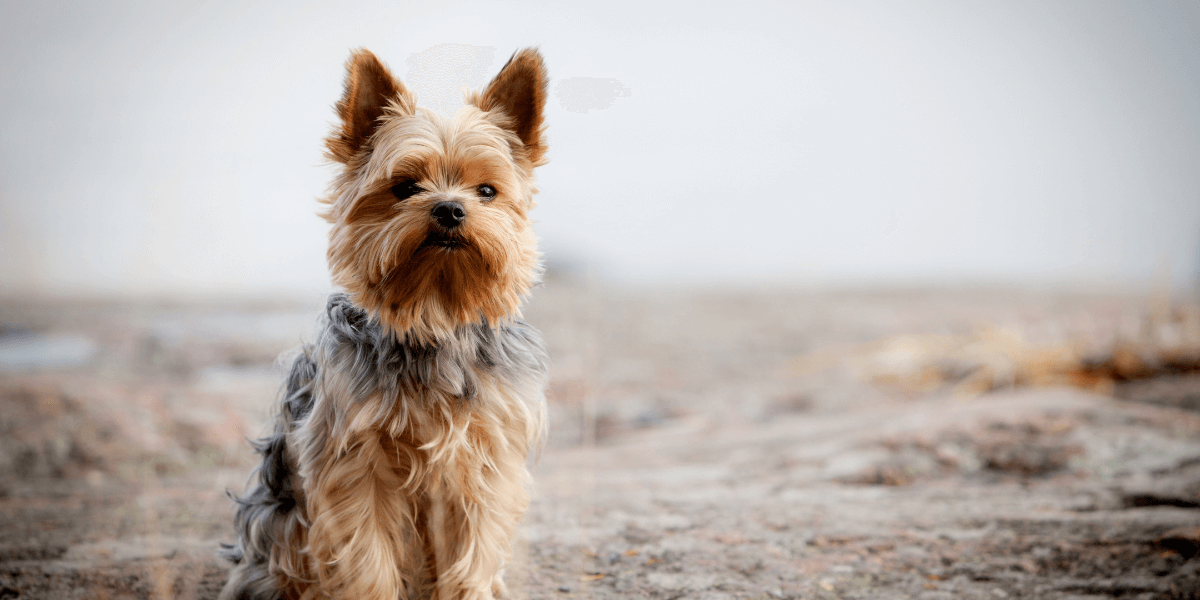
Yorkshire Terrier is a toy breed known for its long, silky coat and dynamic personality
Here’s what you should know:
- Size and Weight: Typically weighing between 4 to 7 pounds and standing 7 to 8 inches tall at the shoulder
- Coat and Color: The breed's signature long, glossy coat is usually blue and tan
- Temperament: Yorkies are known for their bold and confident nature
Key Characteristics:
- Appearance: Sleek, shiny coat with a distinctive color pattern
- Personality: Energetic and loyal, with a tendency to be quite vocal
- Health: Generally healthy but prone to some specific health issues
2. Grooming Your Yorkshire Terrier
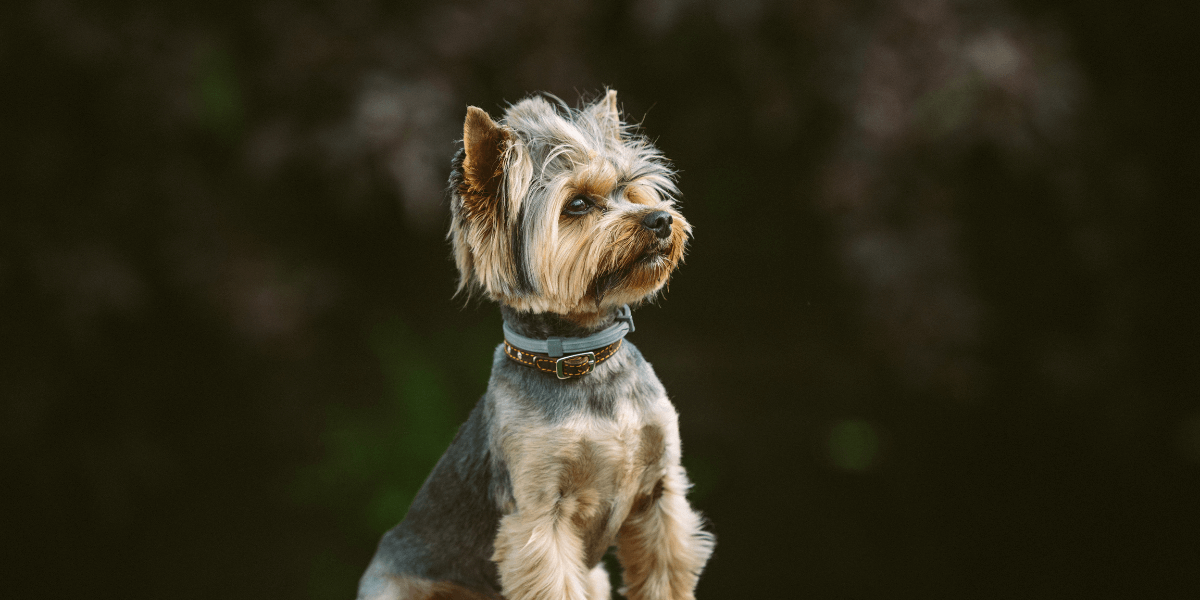
Grooming is essential for maintaining the Yorkie’s beautiful coat and overall health
Here’s a comprehensive grooming guide:
Daily Care:
- Brushing: Brush the coat daily to prevent tangles and mats
- Bathing: Bathe your Yorkie every 3 to 4 weeks using a mild dog shampoo
Weekly Care:
- Trimming: Trim the hair around the eyes, ears, and paws to prevent irritation
- Nail Clipping: Check and trim nails regularly to prevent overgrowth and discomfort
Monthly Care:
- Ear Cleaning: Clean the ears monthly with a dog-specific ear cleaner to prevent infections
- Dental Care: Brush your Yorkie’s teeth regularly and provide dental chews or toys
3. Training Your Yorkshire Terrier

Training is vital for a well-behaved Yorkie
Start early and use positive reinforcement techniques:
Basic Commands:
- Sit and Stay: Begin with simple commands
- House Training: Establish a consistent routine and take your Yorkie outside frequently
- Exposure to New Situations: Gradually introduce your Yorkie to different environments, people, and other pets
- Puppy Classes: Consider enrolling in a puppy training class to build social skills and improve obedience
Behavioral Issues:
- Barking: Address excessive barking through training and positive reinforcement
- Separation Anxiety: Gradually increase the time your Yorkie spends alone to reduce anxiety
4. Nutrition for Yorkshire Terriers

A balanced diet is crucial for your Yorkie’s health and well-being.
Here’s how to provide the best nutrition:
Recommended Diet:
- High-Quality Dog Food: Choose a brand that lists meat as the first ingredient and avoid fillers like corn
- Portion Control: Follow the feeding guidelines based on your Yorkie's weight and activity level
Special Dietary Needs:
- Sensitive Stomachs: Opt for a diet specifically designed for sensitive digestion
- Weight Management: Monitor your Yorkie’s weight and adjust food portions as needed to prevent obesity
Treats and Snacks:
- Healthy Treats: Use small, low-calorie treats for training and rewards
- Avoid Human Food: Avoid giving your Yorkie table scraps, as some human foods can be harmful to dogs
Learn how Yorkshire Terrier nutrition compares with the best foods for large breeds like in this guide.
5. Health Concerns for Yorkshire Terriers
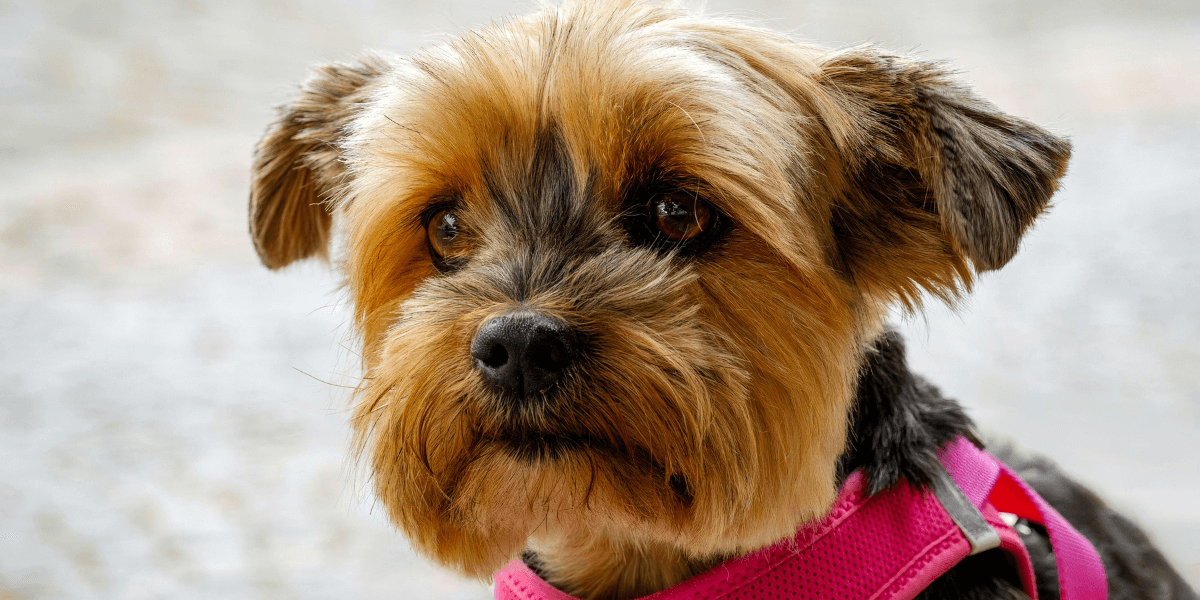
Yorkshire Terriers are generally healthy but are prone to specific health issues.
Regular vet check-ups and proper care can help manage these concerns:
Common Health Issues:
- Dental Problems: Due to their small size, Yorkies are prone to dental issues
- Tracheal Collapse: This condition affects the airway and can be managed with medication and lifestyle change
- Hypoglycemia: Yorkies can suffer from low blood sugar, especially in puppies
Preventative Measures:
- Routine Vet Visits: Schedule regular check-ups to catch and address health issues early
- Vaccinations: Keep up with vaccinations to protect against common diseases
6. Exercise and Activity Needs
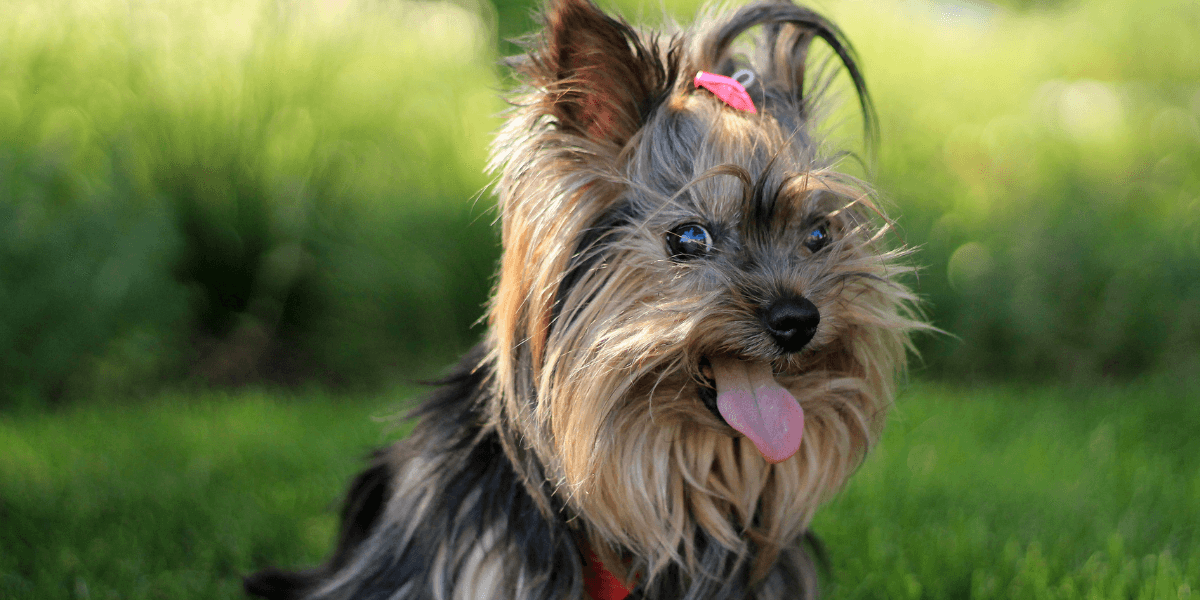
Yorkshire Terriers have high energy levels and need regular exercise to stay healthy:
Daily Exercise:
- Playtime: Engage your Yorkie in interactive play, such as fetch or tug-of-war
- Walks: Provide short walks to allow them to explore and expend energy
Mental Stimulation:
- Puzzle Toys: Use toys that challenge your Yorkie’s mind and keep them engaged
- Training Sessions: Incorporate training into daily routines to stimulate their brain
Safety:
- Leash Walking: Always use a harness or leash to prevent accidents during walks
- Safe Play Areas: Ensure play areas are secure and free from hazards
Explore training tips for Great Danes to see how activity needs align with Yorkshire Terrier routines here.
7. Finding the Right Yorkshire Terrier for You
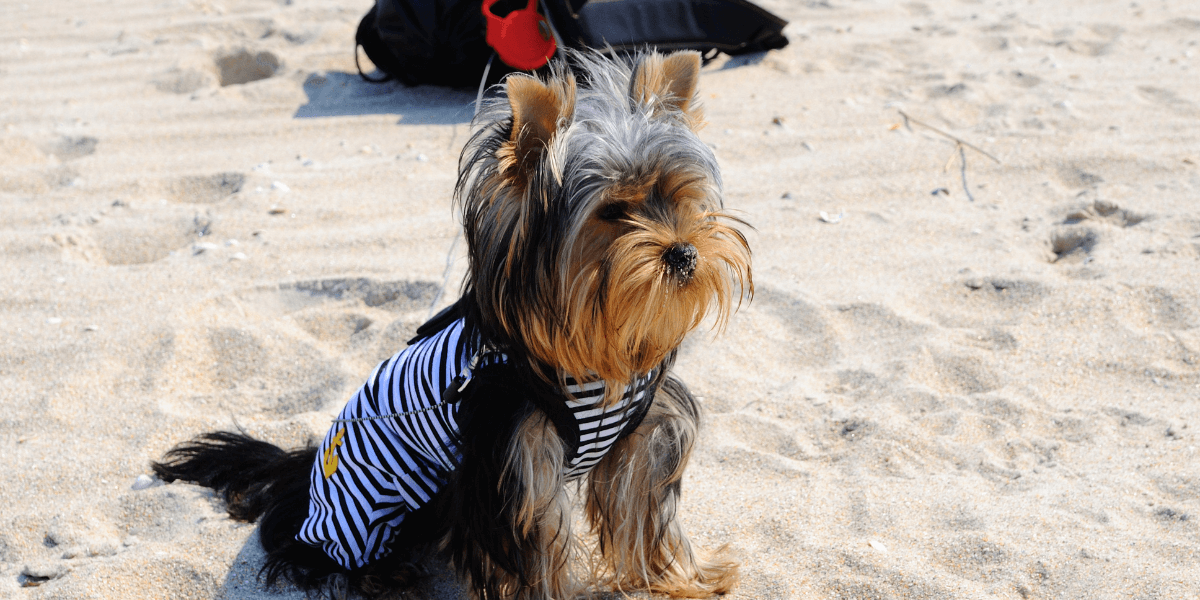
Choosing the right Yorkie involves careful consideration of your lifestyle:
Where to Get Your Yorkie:
- Reputable Breeders: Look for breeders who prioritize health and ethical practices
- Rescue Organizations: Consider adopting from rescue organizations that specialize in Yorkshire Terriers
Preparing Your Home:
- Dog-Proofing: Make sure your home is safe for a small, curious dog
- Essential Supplies: Equip your home with a comfortable bed, toys, grooming tools, and a crate for training
Financial Considerations:
- Initial Costs: Be prepared for the cost of purchasing or adopting a Yorkie, as well as initial vet visit
- Ongoing Expenses: Budget for regular grooming, food, and veterinary care
See how finding the right Yorkshire Terrier compares to picking between Bernese and Newfoundlands in this article.
FAQs
1. What is the Ultimate Guide to Yorkshire Terrier about?
- It covers everything from care to training for Yorkshire Terriers
2. How can I train my Yorkshire Terrier effectively?
- Use positive reinforcement and consistent routines
3. What are common health issues in Yorkshire Terriers?
- Issues include dental problems, patellar luxation, and allergies
4. How often should I groom my Yorkshire Terrier?
- Regular grooming is needed, ideally every 4-6 weeks
5. What is the best diet for a Yorkshire Terrier?
- Feed a high-quality, balanced diet suited for small breeds
6. How can I socialize my Yorkshire Terrier?
- Introduce them to different people, pets, and environments gradually
7. Where can I find more information on Yorkshire Terrier care?
- Refer to the Ultimate Guide to Yorkshire Terrier for detailed tips and advice
Conclusion
- Ultimate Guide to Yorkshire Terrier, Summarize the key points about this beloved breed
- Recap the essential care tips to keep your Yorkshire Terrier happy and healthy
- Emphasize the breed’s suitability as a family pet and companion
- Highlight the importance of regular grooming and health check-ups
- Encourage readers to apply the tips from this guide for a well-rounded approach
- Invite readers to share their experiences with Yorkshire Terriers in the comments
- Provide links to additional resources for further reading and support
Share the guide on social media and let us know your experiences with Yorkshire Terrier!
References
for more information on The Ultimate Guide to Yorkshire Terrier, check:
- All About the Yorkshire Terrier
- The Ultimate Guide to Yorkshire Terrier Backpack Carriers
- The Ultimate Guide to Yorkshire Terrier
- Dog Hip and Joint Pain: A Comprehensive Guide
- Best Exercises for Dogs with Hip and Joint Pain
Thank you!



